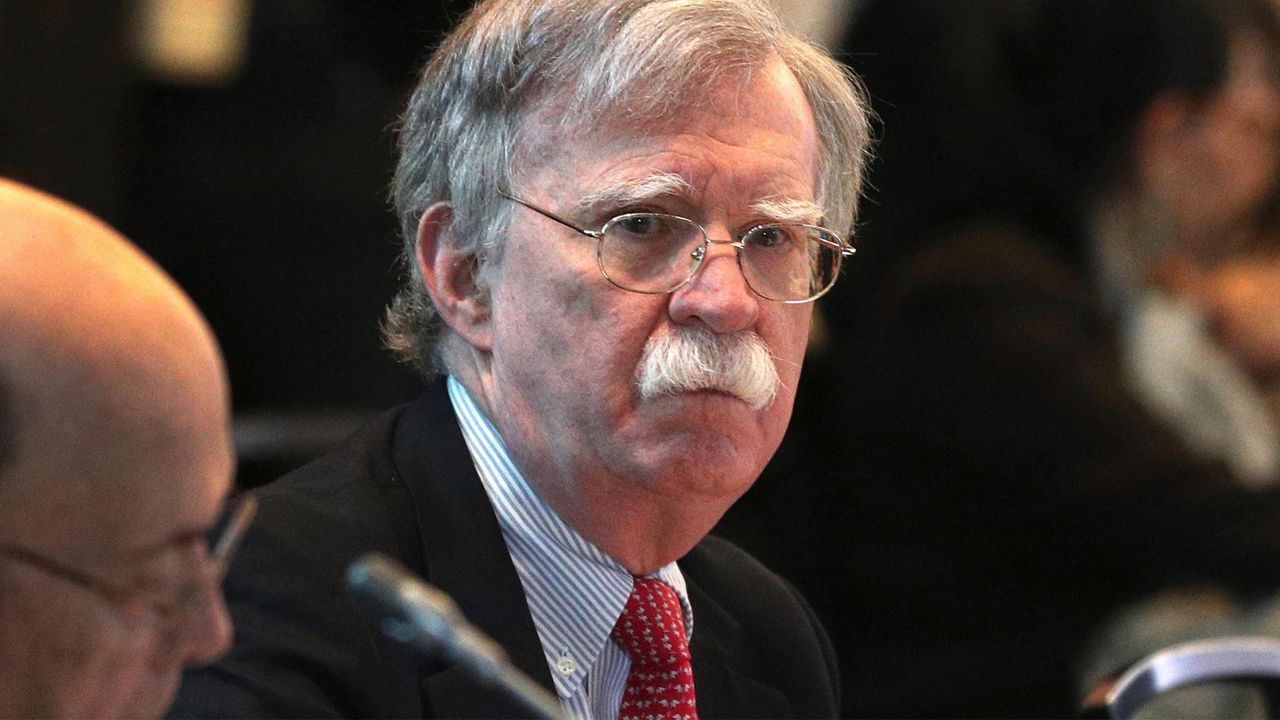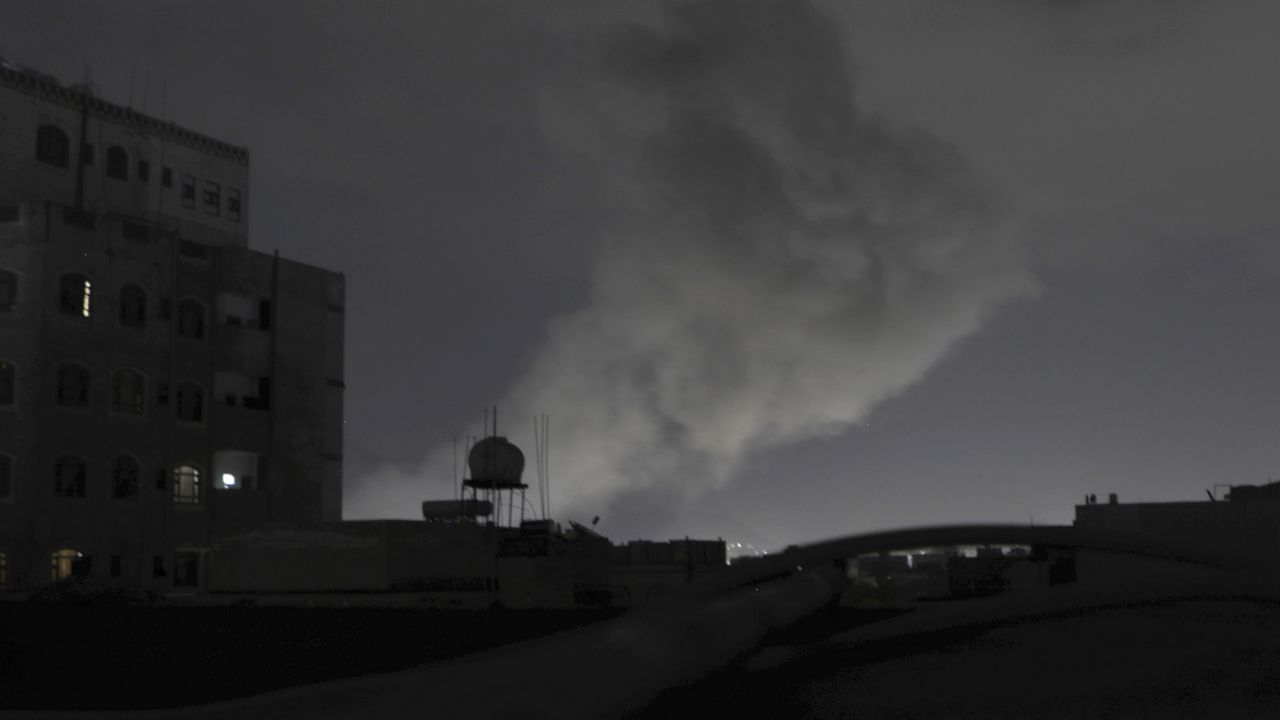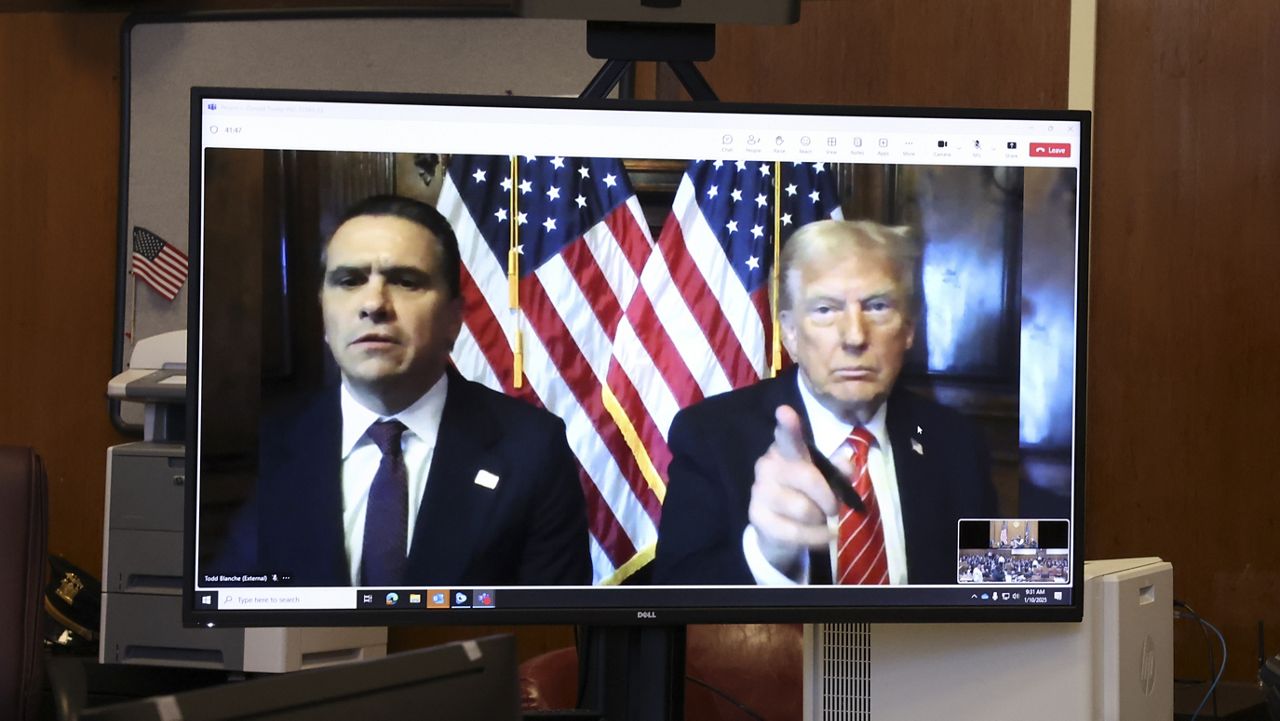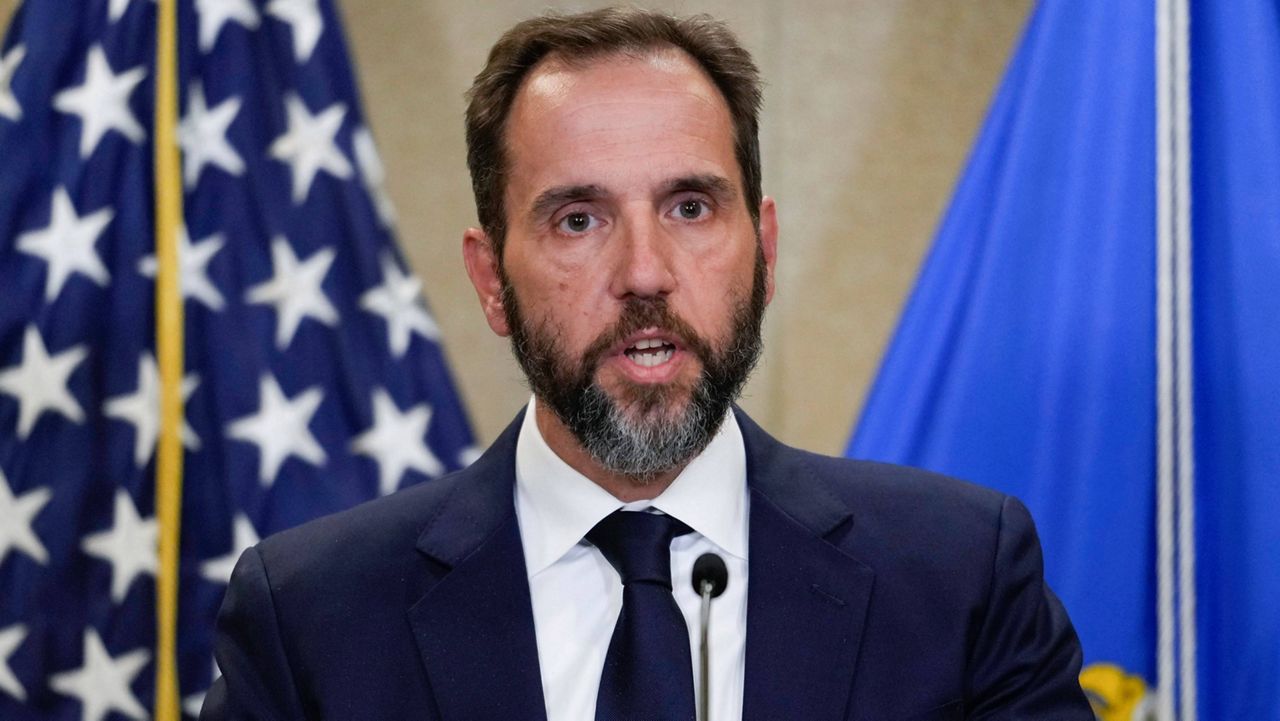WASHINGTON, D.C. — An official responsible for reviewing John Bolton’s book to ensure it did not include classified info alleges that White House aides held up publication of the tell-all for political reasons, made false assertions about it and retaliated against her when she refused to join their efforts.
In an 18-page letter filed in court Wednesday, a lawyer for Ellen Knight says his client had determined in April that “The Room Where It Happened,” written by President Donald Trump’s former national security adviser, no longer contained classified information. However, Knight alleges the “apolitical process” was then “commandeered by political appointees for a seemingly political purpose.”
She, through her lawyer, says White House lawyer Michael Ellis took over the review process, which was done in bad faith. Knigt's lawyer, Kenneth Wainstein, says Ellis was only trained on prepublication reviews after he completed his work and that he “failed to analyze whether the information he marked as classified was still, in fact, classified and subject to redaction."
The Justice Department filed a lawsuit to halt release of Bolton’s memoir this summer, accusing Bolton of publishing it before the government’s prepublication review was complete.
Federal judge Royce Lamberth declined in June to block publication of the tell-all, noting that by that time there were already “hundreds of thousands of copies around the globe” and “the damage is done.”
Lamberth, however, wrote in his ruling that he was “persuaded that defendant Bolton likely jeopardized national security” and said the former Trump adviser could be criminally prosecuted if he indeed published the book before receiving notice that the government had finished its review.
The Justice Department then opened a criminal investigation into Bolton.
Bolton and the publisher, Simon & Schuster, argued in June, after the delay dragged on, that they moved forward with publishing the book based on Knight’s informal assurances.
Knight’s letter suggests the Justice Department’s actions may have been based on false pretenses.
A career official, Knight says the orders she was given were “unprecedented in her experience.” Among them, she says she was told to temporarily withhold any response to a request from Bolton’s lawyer to review a chapter on Trump’s dealings with Ukraine, preventing the former national security adviser from releasing it during the president’s impeachment trial.
Knight also alleges that political appointees pressed her to sign a declaration against Bolton that made a range of false assertions. After she refused, she was reassigned from the White House, she says.
Neither the National Security Council nor Justice Department immediately responded to requests from The New York Times for comment.
A lawyer for Bolton, Charles Cooper, declined to comment, but said his client did not ask Knight to share her account of the events.
Bolton’s memoir of his 17 months spent working in the Trump administration paints an unflattering picture of the president. In it, Bolton shares details of the president’s push for an investigation into Joe Biden in Ukraine, which ultimately led to the president's impeachment, as well as allegations that Trump asked China for help in winning reelection and was willing to interfere with criminal investigations as “personal favors to dictators he liked.”
Knight’s allegations are the latest from federal employees who claim they have been pressured by White House officials to alter their work to help Trump politically.
Brian Murphy, the former head of the the Department of Homeland Security’s intelligence branch, alleged in a whistleblower report released earlier this month that top agency officials ordered him to manipulate intelligence briefings to align with Trump’s rhetoric and interests.
A few days later, multiple media outlets reported on alleged efforts by Health and Human Services officials to pressure the authors of the Centers for Disease Control and Prevention’s weekly updates on the progress of the coronavirus pandemic to alter, delay or scrap altogether the reports because they did not match Trump’s more optimistic public narrative.







